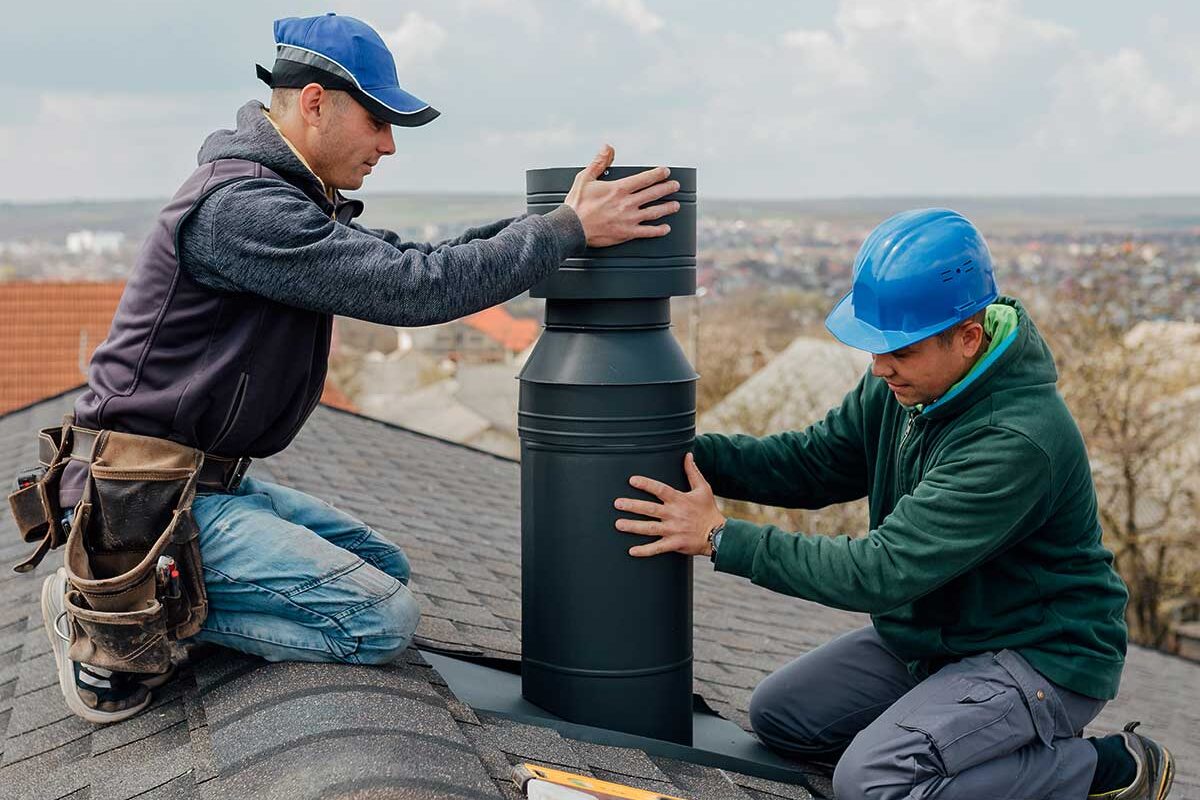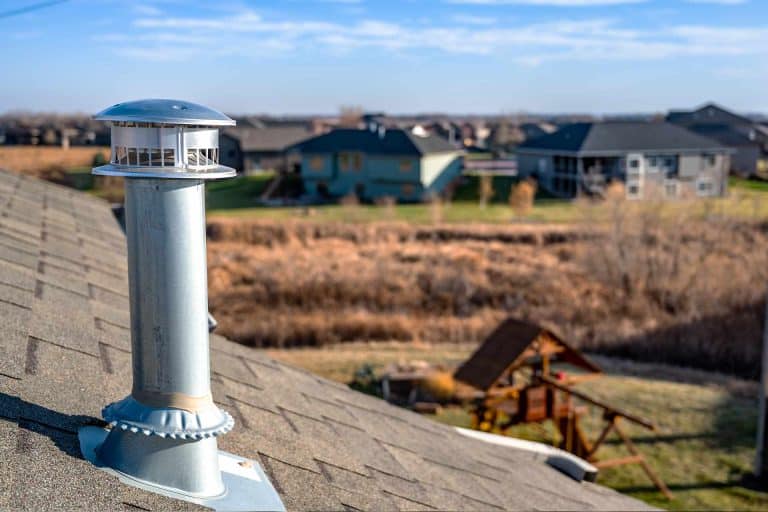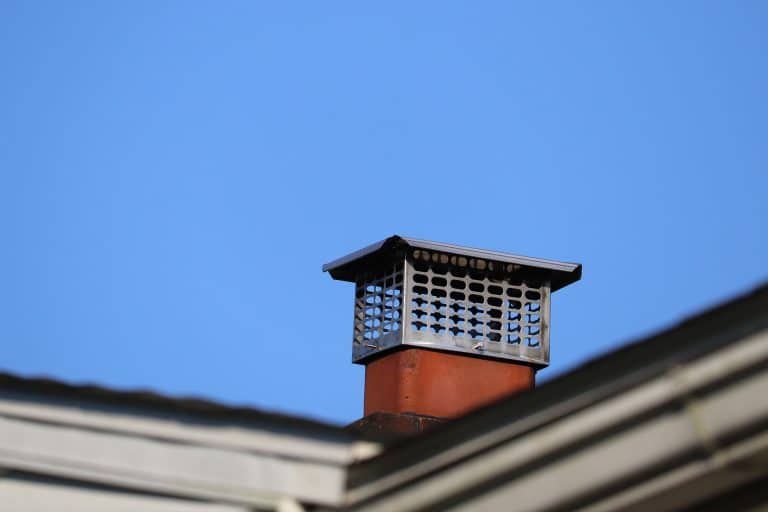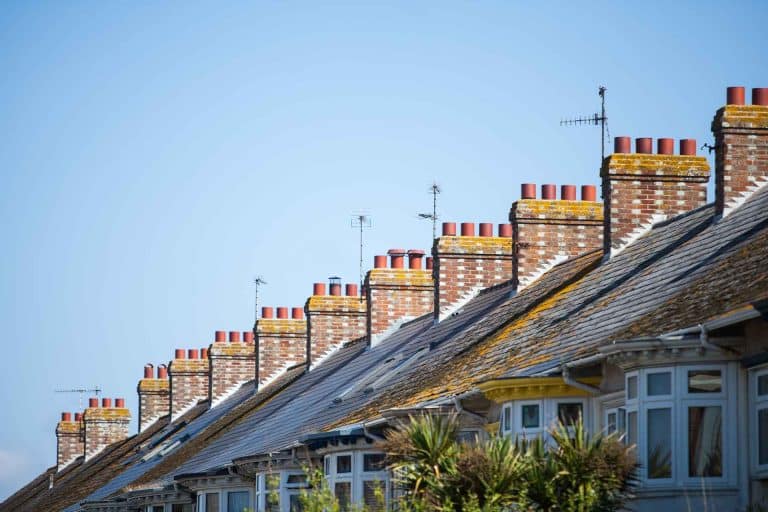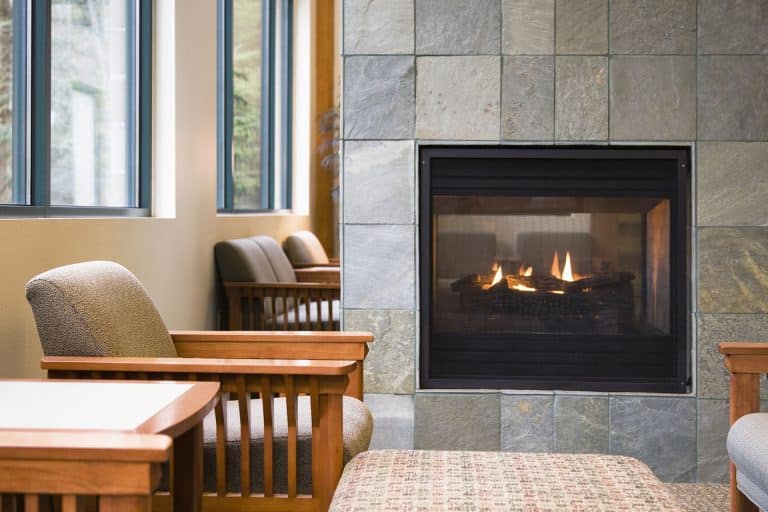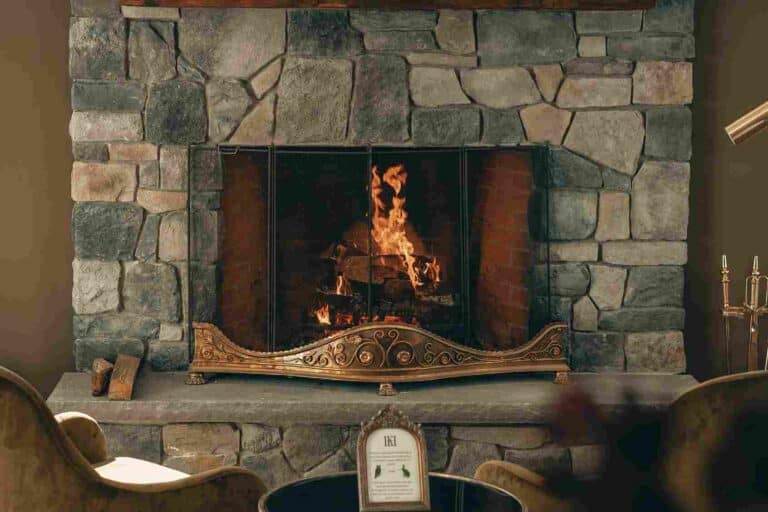What are the Top Causes of Chimney Odors and How to Fix Them
Did you know that around 57% of homes have a fireplace? According to HPBA, a fireplace is a beloved feature in millions of homes because of the warm and inviting atmosphere it creates. However, as charming as they are, fireplaces can sometimes bring unexpected problems– like unpleasant odors seeping from the chimney.
If your fireplace has started to produce strange smells, it’s likely a sign of underlying issues within the chimney system. In this blog, we’ll explore the top causes of chimney odors such as creosote buildup, moisture problems, and animal nests. We’ll also cover ways to fix these issues so you can fully enjoy the warmth of your fireplace.
Creosote Buildup
Creosote buildup is one of the main causes of chimney odors. Creosote is a tar-like substance created when burning fossil fuels or wood. Over time, creosote accumulates inside chimneys, releasing a strong, smoky smell. Beyond the odor, creosote is also highly flammable, increasing the risk of chimney fires.
How To Fix This: The best way is to schedule a chimney sweep every year. Hiring a professional fireplace service company can remove the buildup, get rid of the strong chimney odors, and help keep your home safe. Additionally, it’s a good idea to only burn seasoned wood with low moisture content to reduce the formation of creosote.
Moisture and Water Leaks
Water is another leading culprit of chimney odors. Rainwater can easily seep into chimneys that aren’t properly capped or sealed well, causing a musty or damp smell. This moisture can also damage the chimney structure and cause mold growth, both of which add to the unpleasant chimney odors.
How To Fix This: You can stop water from entering your chimney with a chimney cap. If you already have one, make sure it’s intact and functioning properly. Then, be sure to apply a water-resistant sealant to your chimney for added protection. Regular visits from a chimney inspector is also key to catching leaks early or before they cause serious damage to your fireplace.
Animal Nests
Animals like birds, squirrels, and raccoons often find chimneys an ideal place to leave their nests. Unfortunately, they leave behind droppings, food scraps, and sometimes they get trapped in chimneys and die. Obviously, the smell of dead animals creates a terrible stench that can quickly fill your home. Nests can also block the chimney and prevent proper airflow, making the chimney odors worse.
How To Fix This: Installing a chimney cap will help keep animals out. If you suspect there’s already a nest in your chimney, don’t try to handle it yourself. Call a chimney inspector or a fireplace service to safely remove the nests and sanitize the area.
Ash and Soot Buildup
Even with regular chimney cleaning, ash and soot can still build up. The accumulated ash or soot can start to emit a burnt, smoky smell especially in humid conditions or during the rainy seasons.
How To Fix This: To keep that burnt odor under control, clean out excess ash from the fireplace after each use. You should also schedule a chimney sweep at least once a year to remove any soot and ash buildup and keep your chimney in top condition.
Before You Go
When your chimney flue is blocked, smoke can’t properly escape. Creosote buildup, debris, or animal nests can cause these blockages. Not only does this lead to unpleasant smells, it can also be a health hazard as it affects the air quality in your home.
Dealing with this can be frustrating. That’s where our team at Quality Fireplace Inc. comes in – to keep your home safe and odor-free. We’re one of Wisconsin’s top fireplace and chimney companies that specialize in chimney inspections, repairs, and sweeping. We’re also an authorized Real Fyre dealer! Give us a call at (262) 786-4411 or (608) 249-6678, or send us a message to schedule your consultation.

